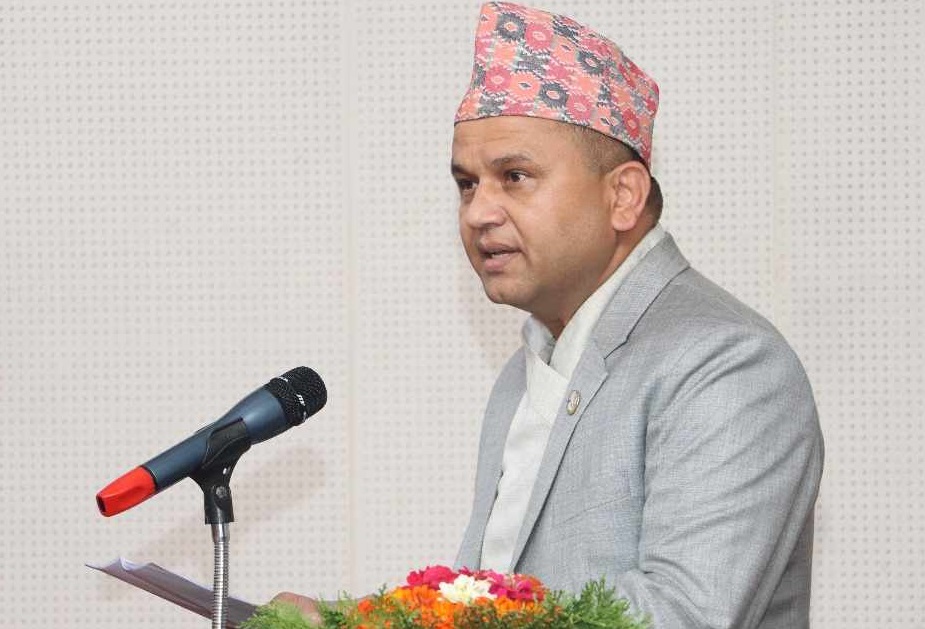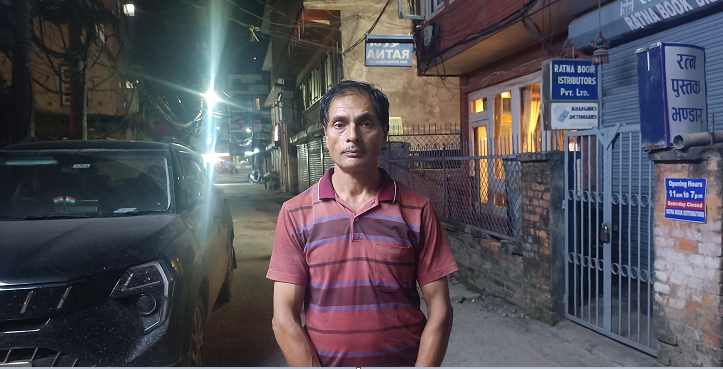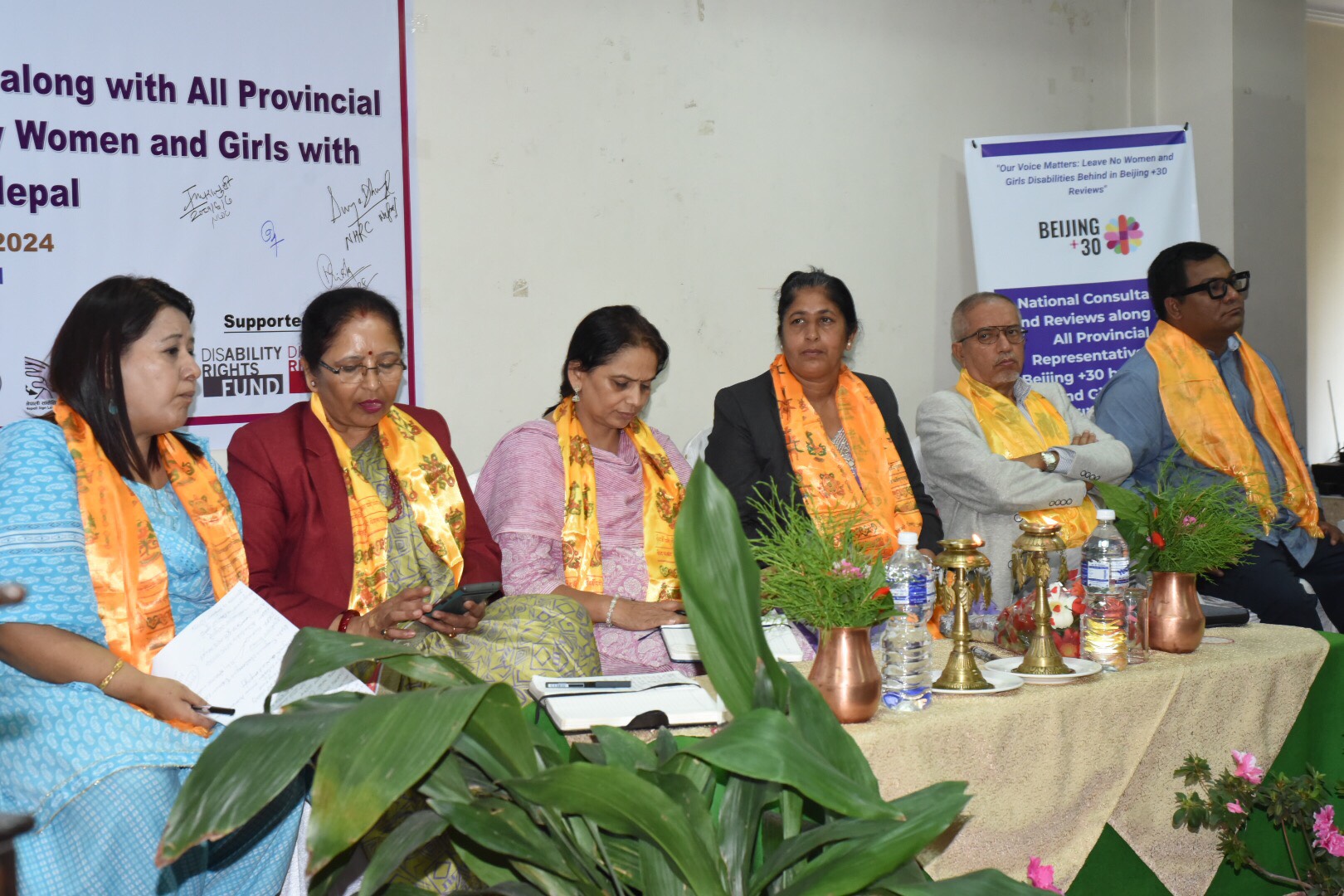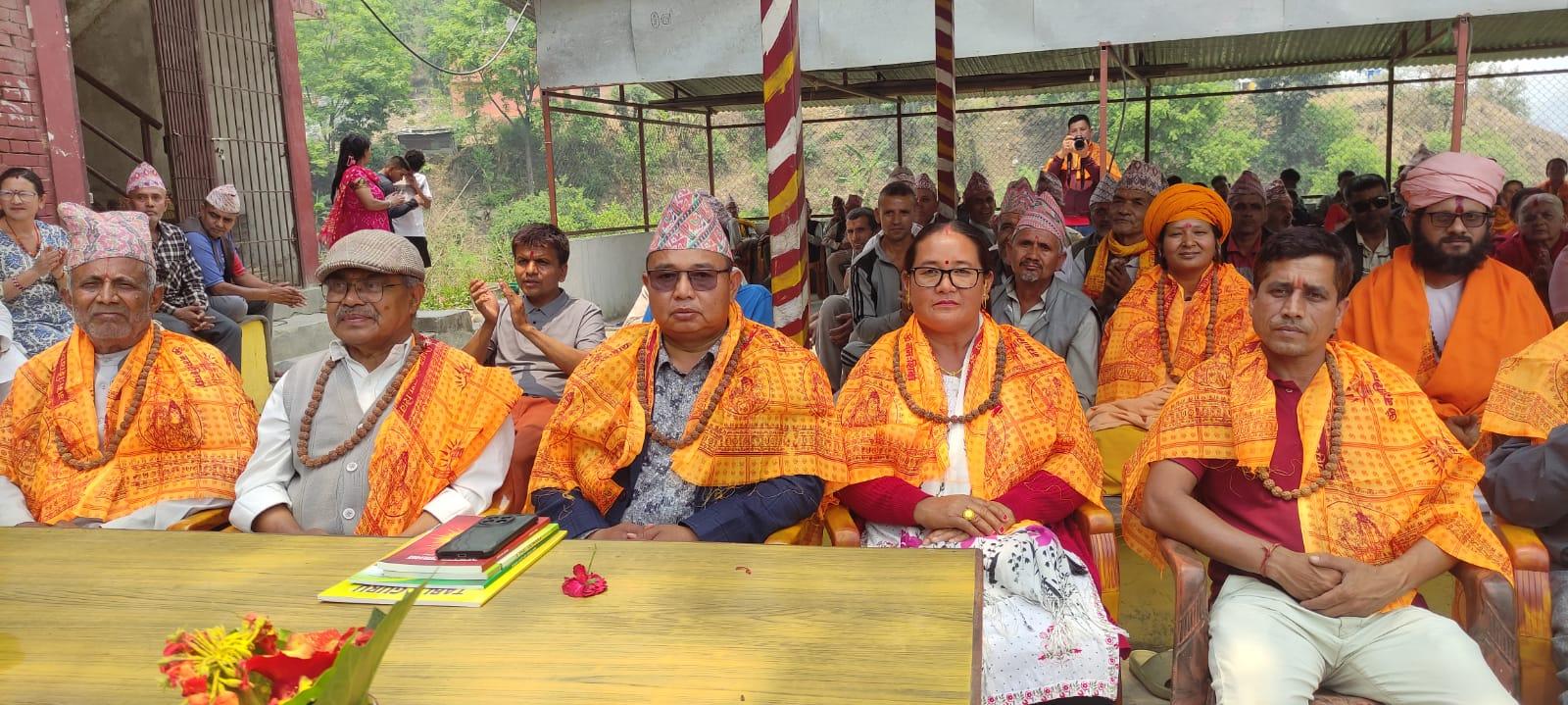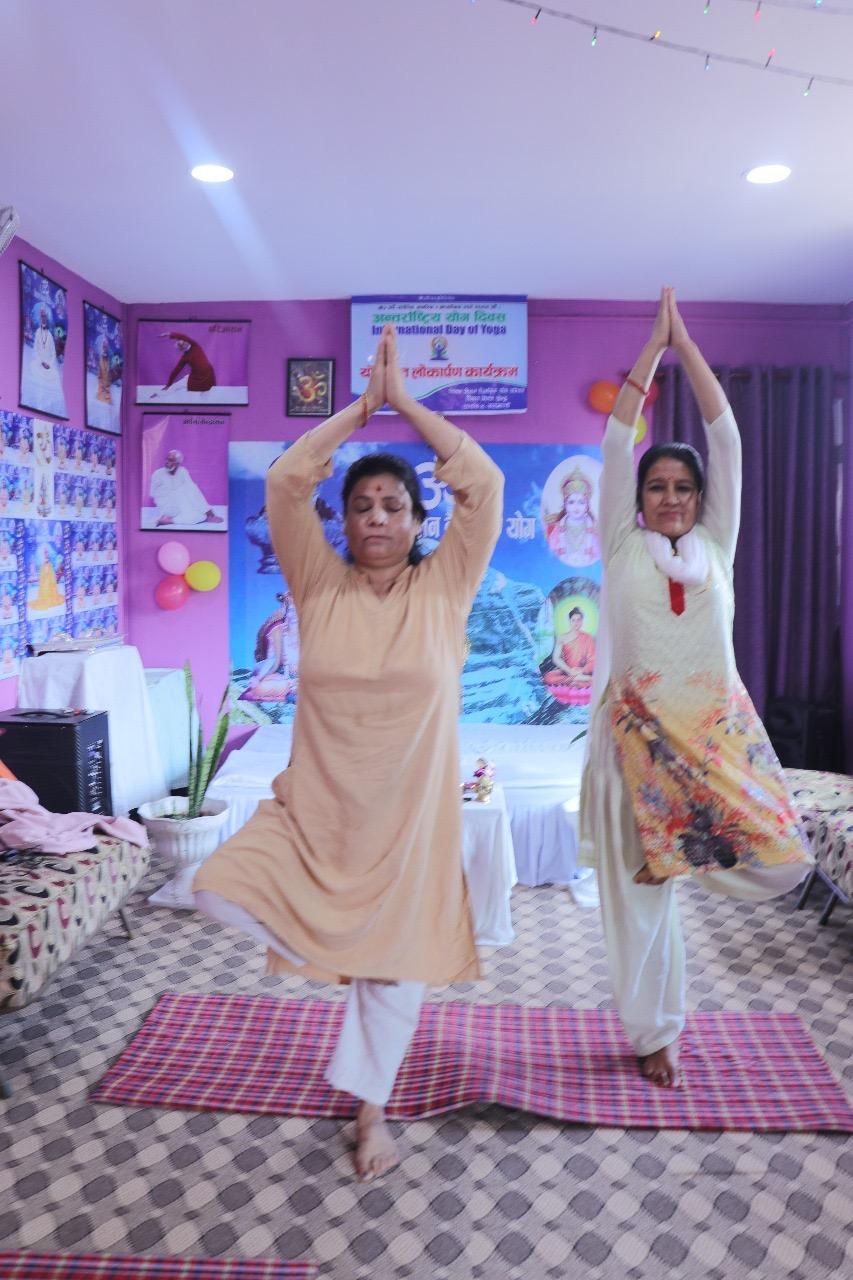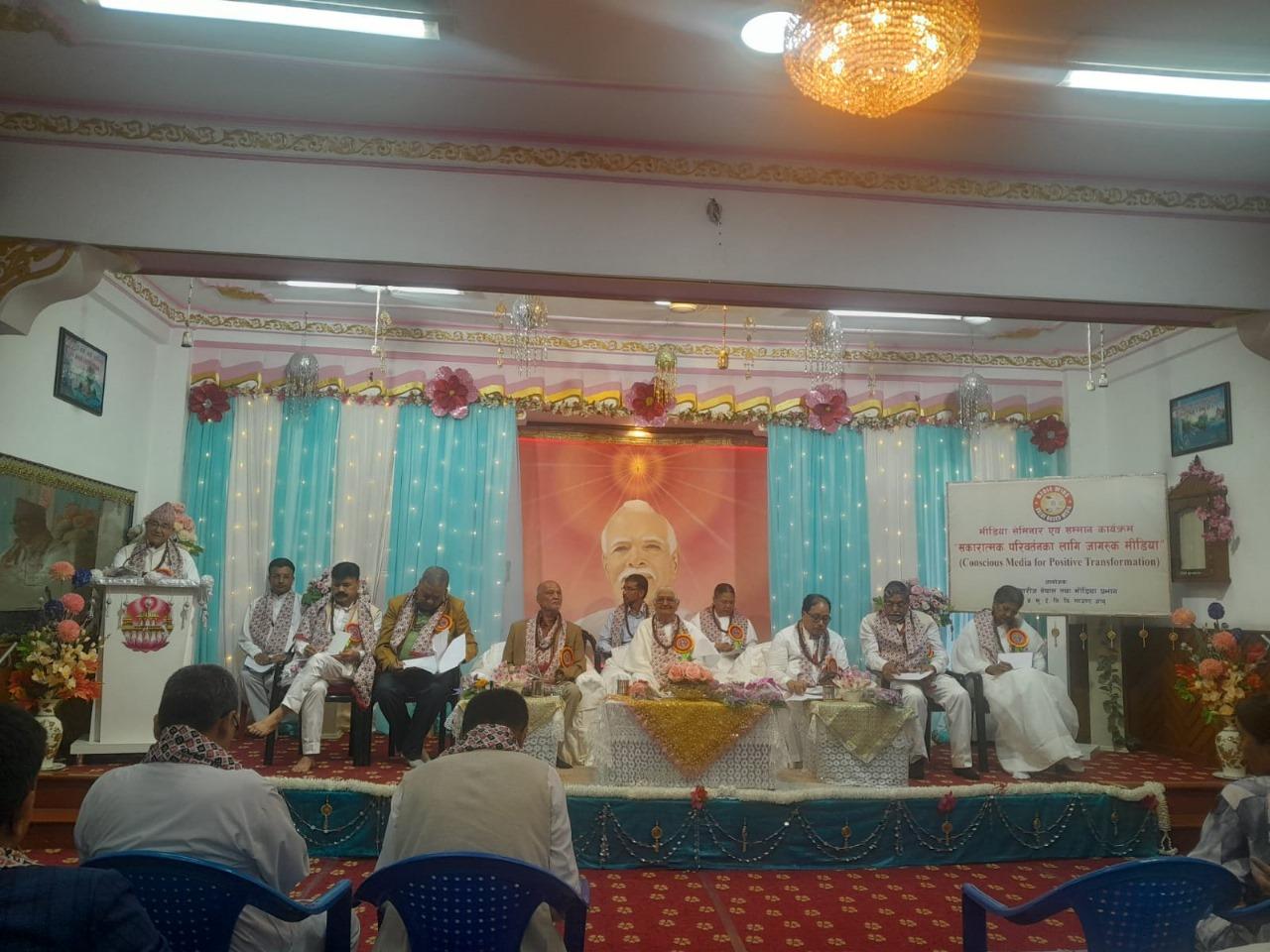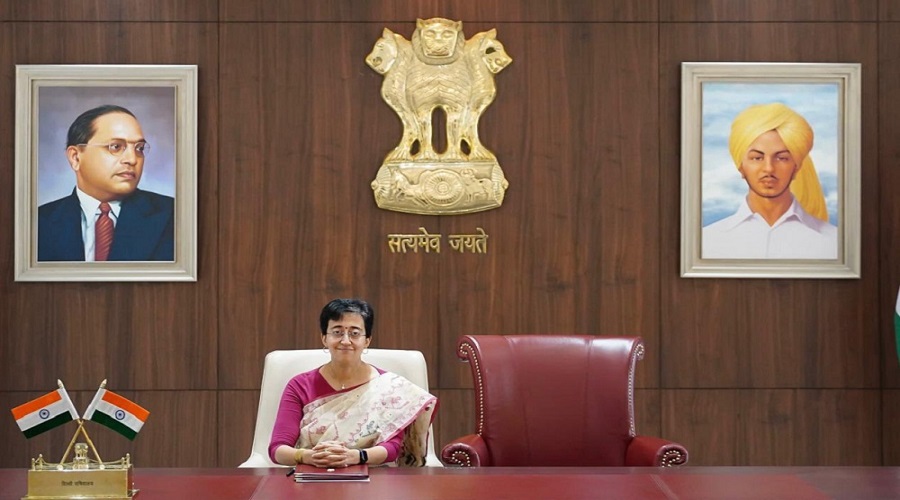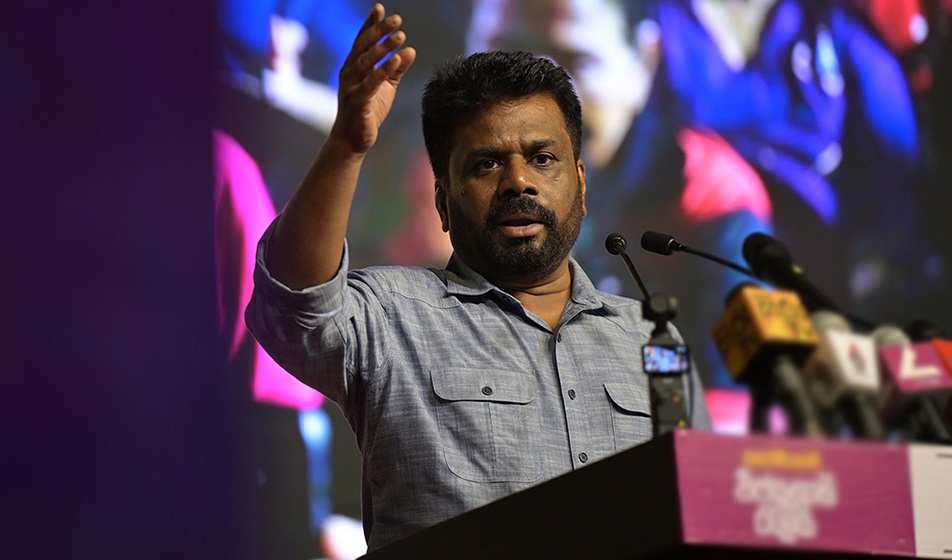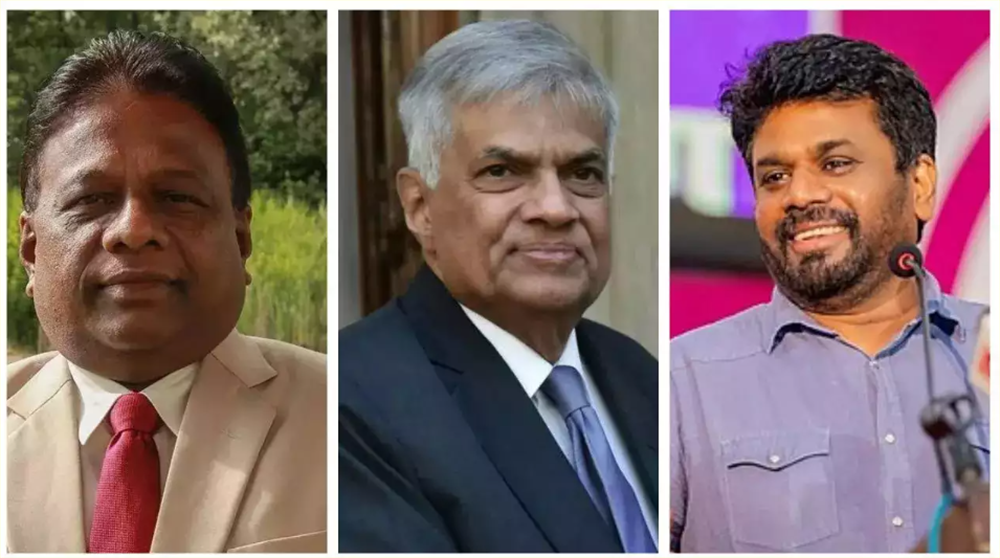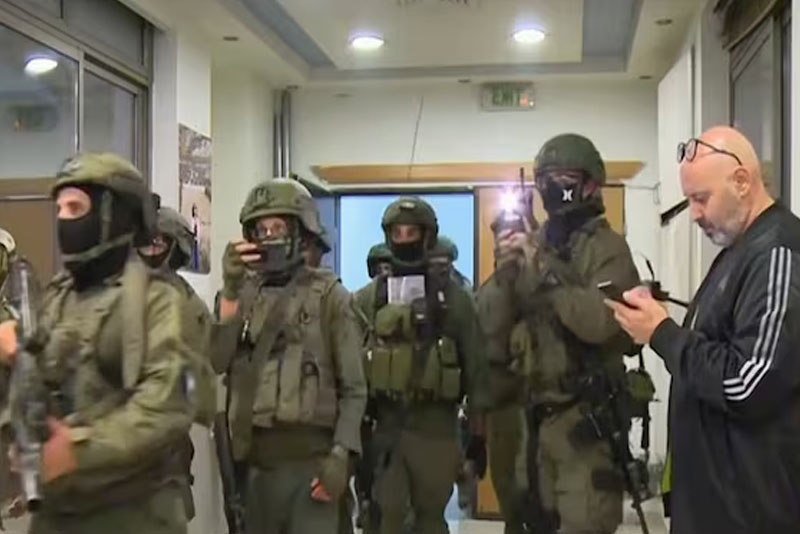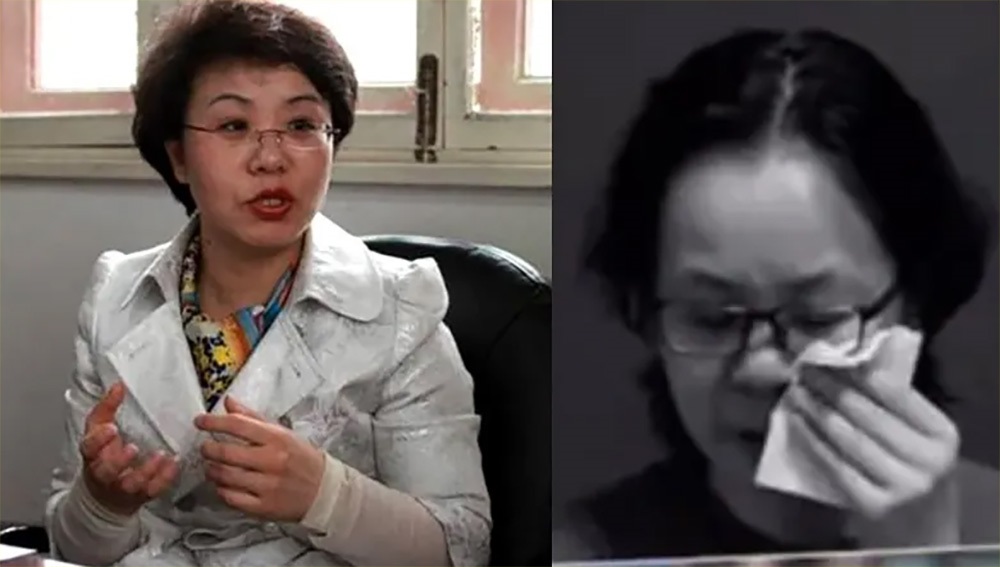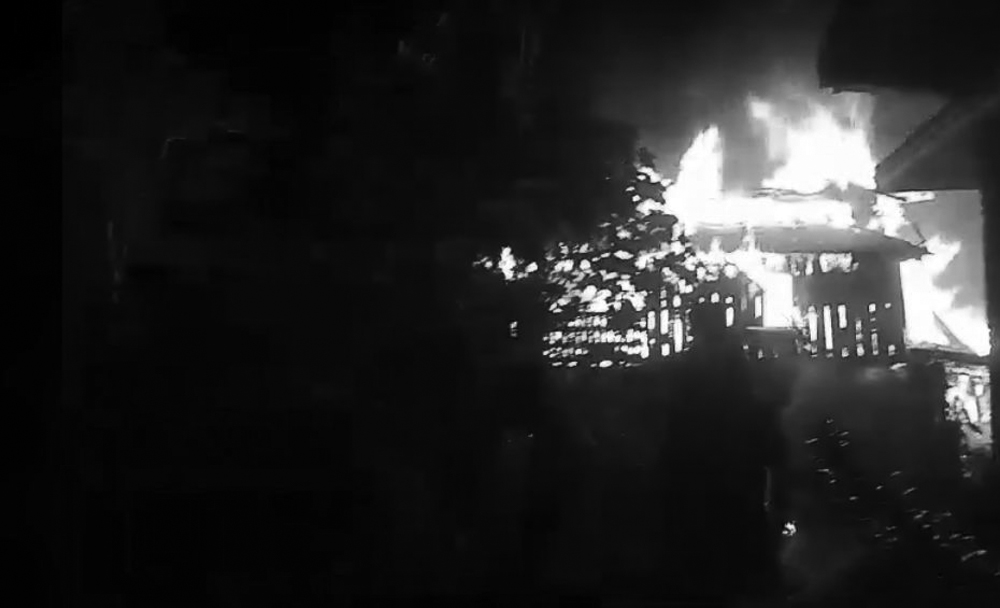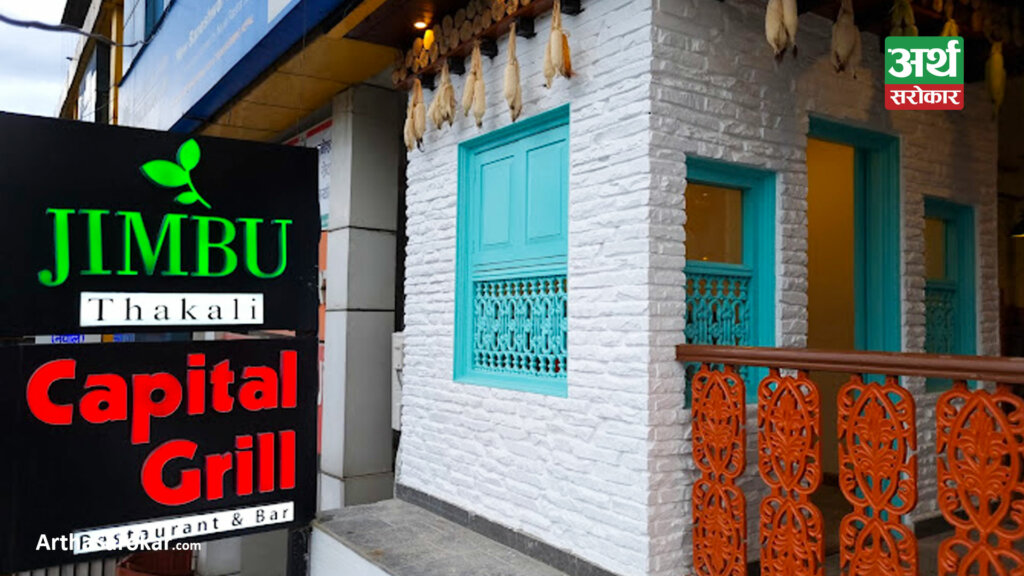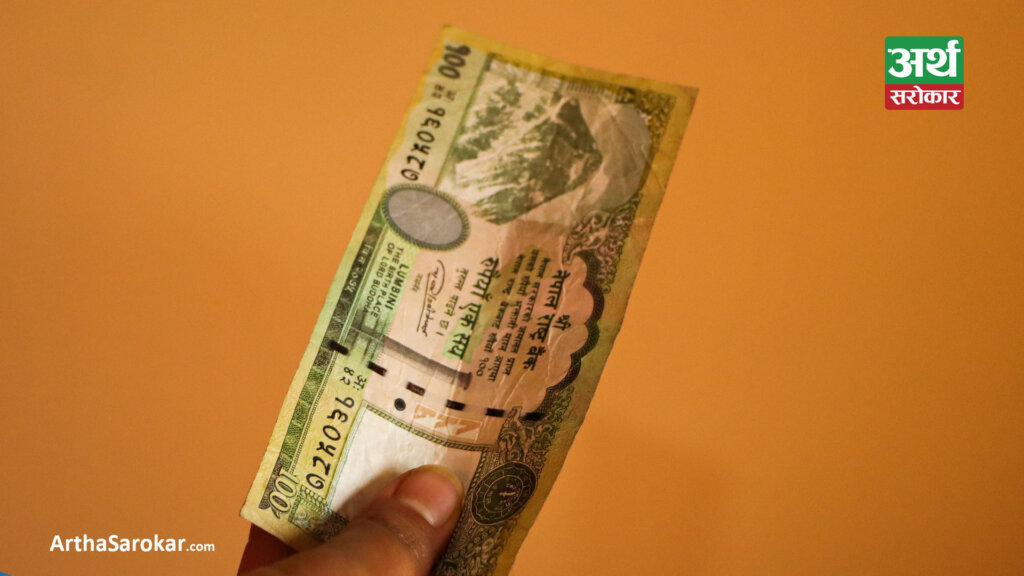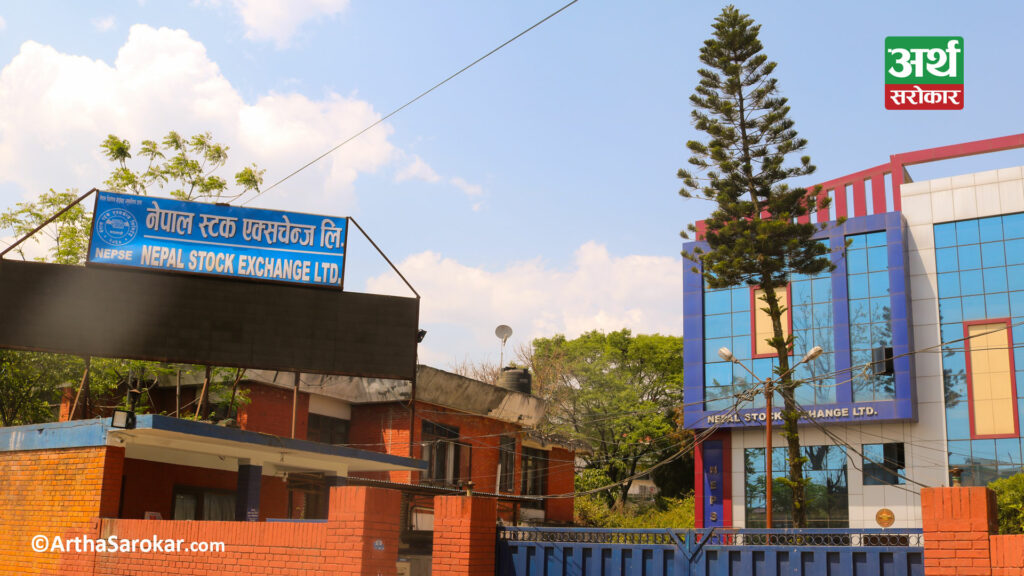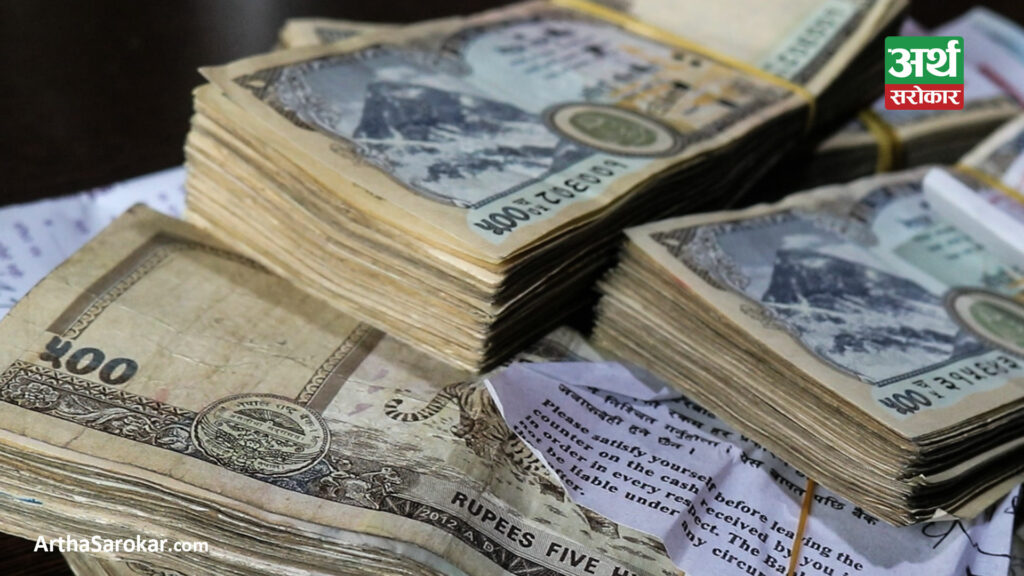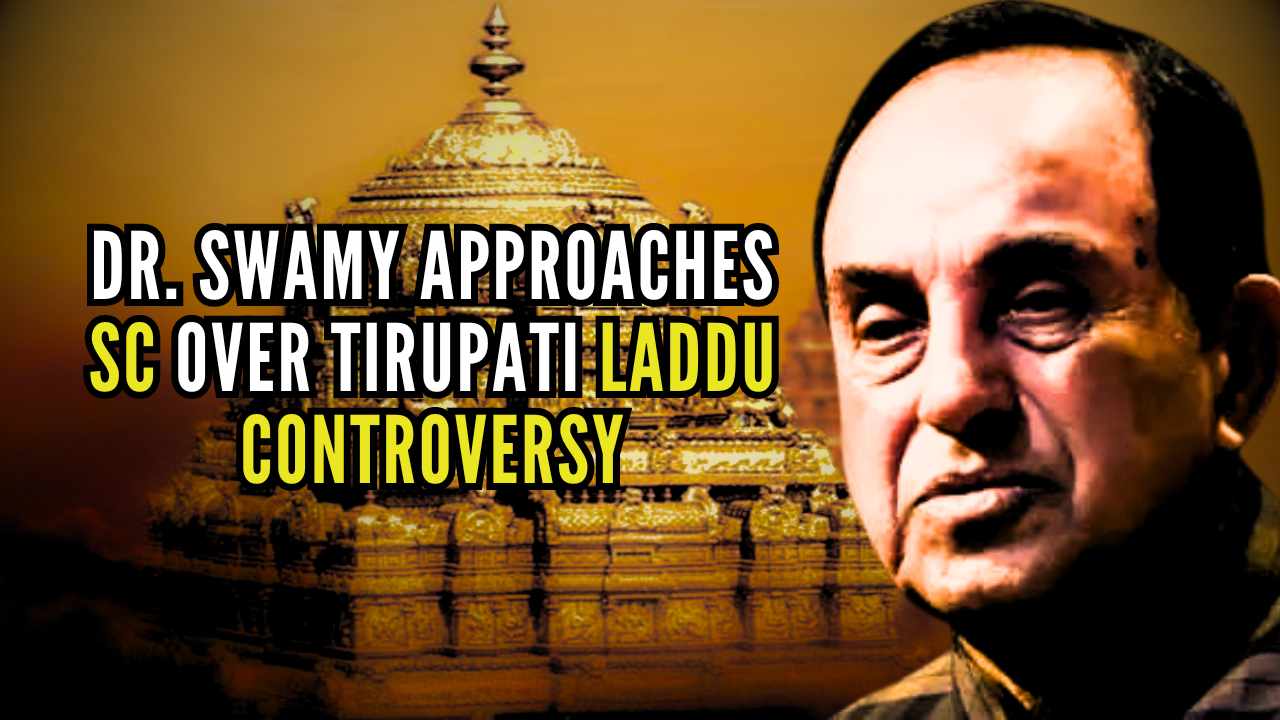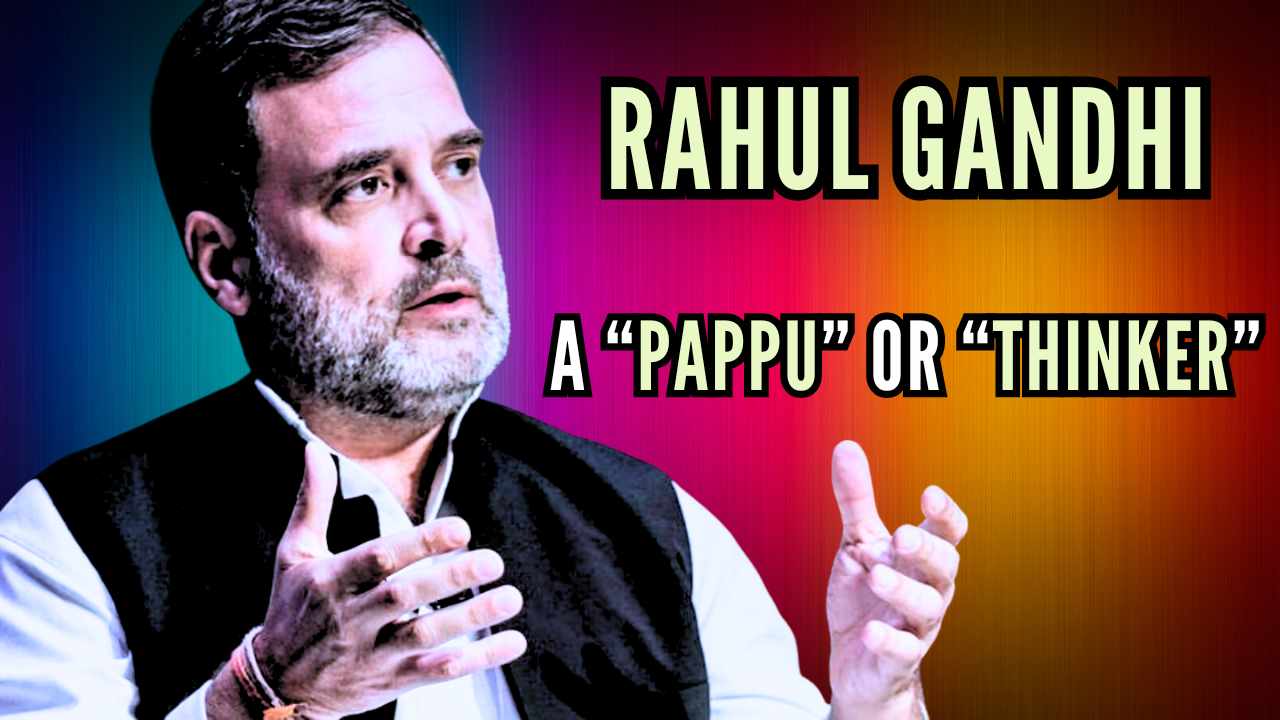Supreme Court rules downloading, watching child pornography is an offence under POCSO Act
Supreme Court makes landmark judgment on the stringent law to prevent child abuse In a landmark ruling today, the Supreme Court of India affirmed that downloading and viewing child pornography is an offence under the Protection of Children from Sexual Offences (POCSO) Act. The decision overturned a previous ruling by the Madras High Court, which […] The post Supreme Court rules downloading, watching child pornography is an offence under POCSO Act appeared first on PGurus.


Supreme Court makes landmark judgment on the stringent law to prevent child abuse
In a landmark ruling today, the Supreme Court of India affirmed that downloading and viewing child pornography is an offence under the Protection of Children from Sexual Offences (POCSO) Act.
The decision overturned a previous ruling by the Madras High Court, which had stated that merely downloading such material did not constitute an offence.
The bench, led by Chief Justice D Y Chandrachud and Justice J B Pardiwala, characterized the High Court’s judgment as an “egregious error.” This ruling stemmed from a case involving a 28-year-old man accused of downloading child pornography on his phone. The High Court had dismissed the criminal proceedings, arguing that society should educate children about the dangers of pornography rather than punish individuals.
Today, the Supreme Court reinstated the criminal charges against the man, emphasizing the serious implications of child pornography. Justice Pardiwala expressed gratitude for the opportunity to draft the judgment, which focused on Section 15 of the POCSO Act. This section outlines the penalties for storing pornographic material involving children, including fines and potential imprisonment.
According to the ruling, individuals who store child pornography without reporting or destroying it face fines starting at Rs.5,000, with repeat offenders facing higher penalties. Additionally, if the material is stored for distribution, the offender may face up to three years in prison. Storing child pornography for commercial purposes can result in a prison sentence of three to five years, increasing to up to seven years for repeat offenders.
Justice Pardiwala emphasized the importance of intent (mens rea) in understanding the gravity of the crime. He noted the lasting impact of child pornography on victims and suggested that Parliament consider amending the POCSO Act to categorize child pornography as “child sexually abusive and exploitative material.” The bench recommended the introduction of an ordinance and urged courts to avoid using the term “child pornography” in their orders.
Chief Justice Chandrachud hailed the ruling as a “landmark judgment,” underscoring the judiciary’s commitment to protecting children from exploitation and abuse. This decisive action reinforces the need for stringent enforcement of laws aimed at safeguarding vulnerable populations.
For all the latest updates, download PGurus App.
The post Supreme Court rules downloading, watching child pornography is an offence under POCSO Act appeared first on PGurus.
What's Your Reaction?














